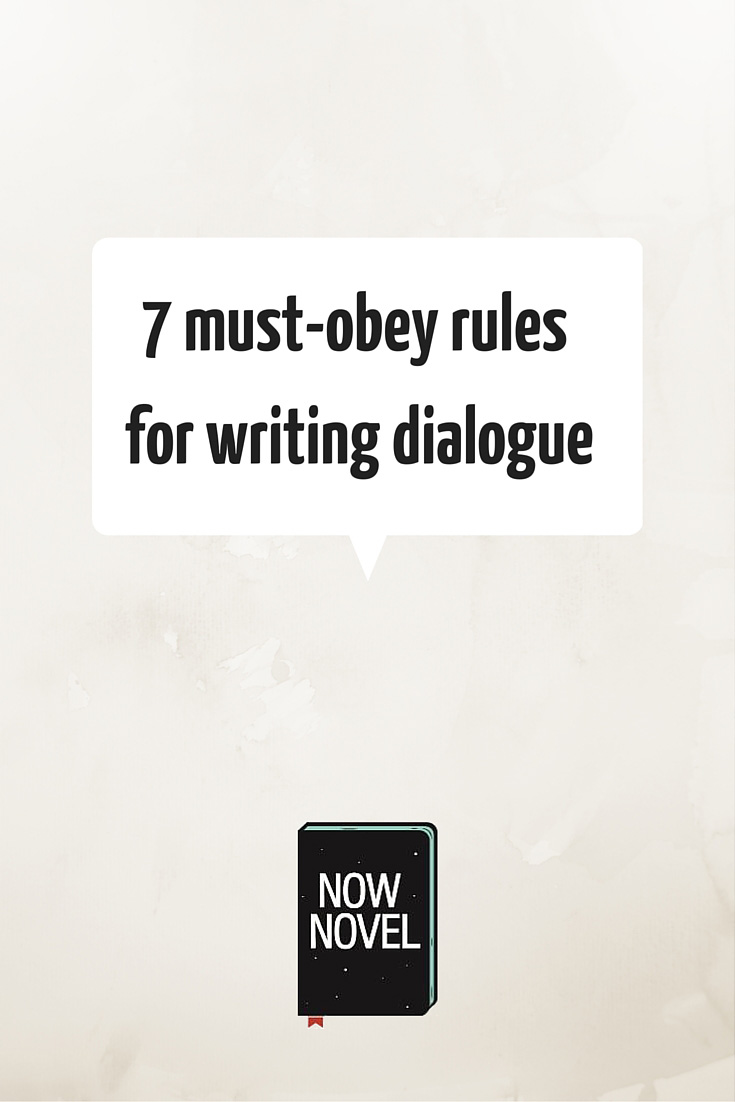Learn how to write accents and dialects in your stories because it will help you write about crosscurrents between people and places. Regional dialects help to convey a sense of local character speech in stories.

Dialogue writing is key for novels and other stories.
Find every article on dialogue writing in Now Novel’s archives here.
Read about using action tags versus dialogue tags. See examples, along with dialogue formatting tips and tricks.
Find out how to write conversations between multiple characters. How to make dialogue tense. Find other words for said and learn how to make your characters’ personalities shine through their speech.

Learn how to write accents and dialects in your stories because it will help you write about crosscurrents between people and places. Regional dialects help to convey a sense of local character speech in stories.

Dialogue can serve a number of purposes in fiction including developing character, building suspense and advancing plot. If written well, it engages readers and increase their identification with characters. Here are 7 rules for writing dialogue:

Writing dialogue presents a unique set of challenges. A single italicized word can change the whole tone and meaning of an exchange, for example. Compare a person telling a questioner ‘that’s all I can remember’ with ‘that’s all I can remember.’ The difference in emphasis alters the meaning of the sentence. Here are 7 ways to write better dialogue:

Great dialogue involves your reader or viewer in a conversation completely. Read 10 tips from movie dialogue pros, from Hitchcock to Mamet and others: